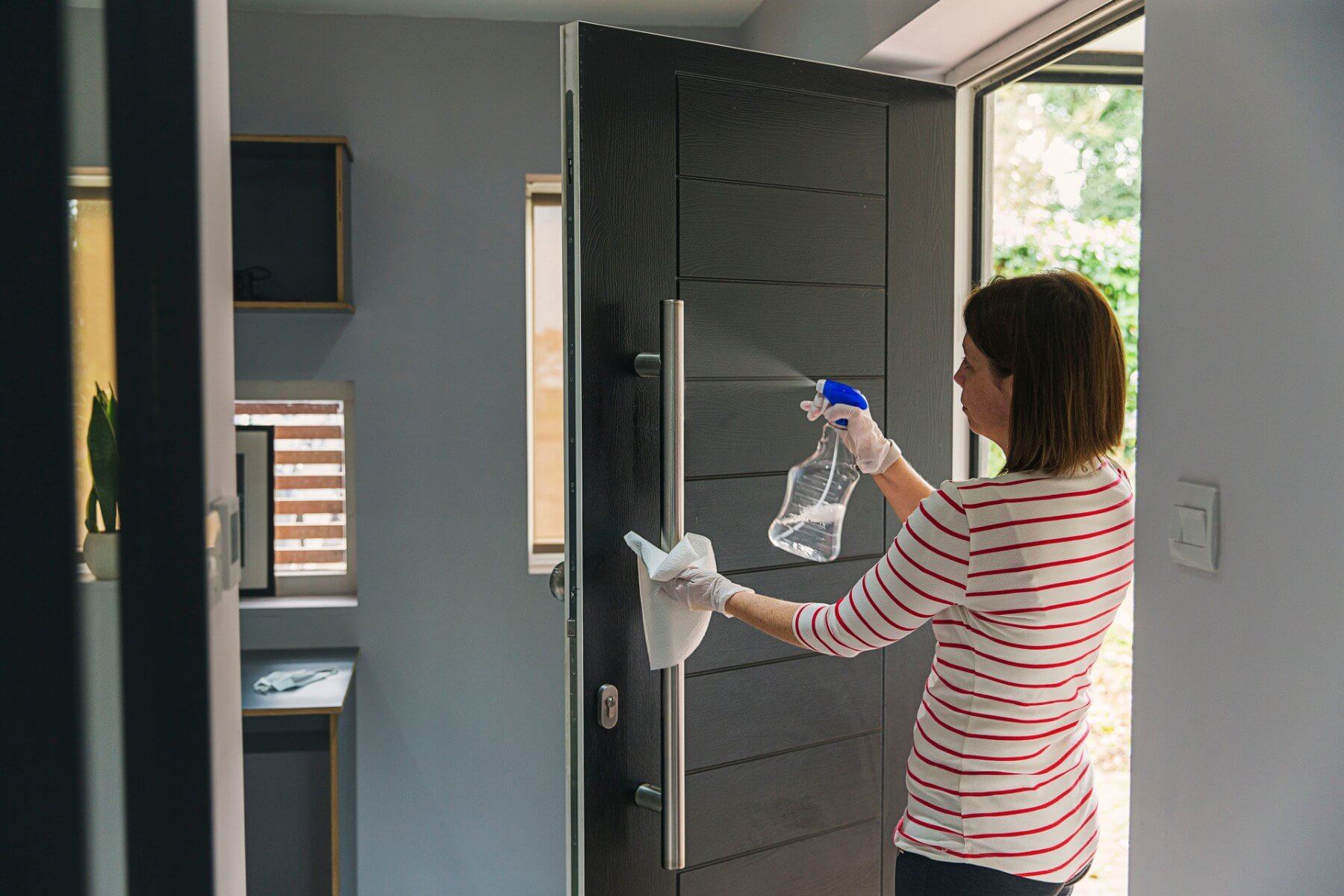
There’s a whole lot of talk surrounding a so-called “second wave” at the moment. A lot of people are worried that the relaxation of the Covid rules in the UK may have been premature and this, coupled with the fact that there has been lax enforcement and plenty of examples of people ignoring the rules that remain altogether, could lead to another spike in coronavirus cases, effectively taking us back to square one.
This second wave of the virus, some think, could be much more devastating than the onset of the virus that plunged the world into enforced lockdowns. But if we all do our bit by acknowledging that the virus is still here and that things, unfortunately, haven’t returned to “normal” yet, we can easily avoid this second wave and all the hardship it has the potential to bring.
No matter who you are, what you do, or where you live, here’s how you can play your part and do your bit to help avoid a second peak of COVID-19.
Don’t underestimate just how powerful social distancing is. It’s the most effective way to control the spread of the virus. Keep in mind how coronaviruses spread—through water droplets that are expelled from the respiratory system when you cough, sneeze, and even talk. These droplets carry the virus into the respiratory tract of other people who are near you. By keeping your distance from other people, these droplets are less likely to come into contact with other people and put them at risk of contracting the virus.
Although keeping your distance is highly effective, personal protective equipment like face masks, gloves, visors, and eye protection all have their part to play—but only use them when it makes sense to.
Face masks or visors should be worn in public places where social distancing isn’t always possible. These work by stopping many of the droplets produced when you talk, cough, or sneeze from travelling long distances. It also stops them from getting on to touchpoints, surfaces, and other areas where they could be picked up by other people. Eye protection may also be used, but this is mostly for people who are particularly vulnerable to the virus.
Even with social distancing and PPE, it’s still not possible to entirely prevent the spread of the virus. The issue with coronavirus is that it’s very easy to spread, as health authorities are aware, which makes it difficult to control.
This is why health authorities and governments the world over are saying time and time again that it’s imperative that we keep our hands clean. According to experts, handwashing with soap and water remains the most effective method but hand sanitisers also play a hugely important role as an effective way to kill the coronavirus and other pathogens.
Another piece of advice that we’ve all heard by now is to stay home. We appreciate that it can be frustrating to be stuck inside for days and weeks on end, especially for people who live alone or don’t have any outdoor space to take a break in, but it really is the best way to stay safe in these uncertain times. That being said, staying home doesn’t mean that you must remain indoors at all times. It’s perfectly acceptable to leave the house to exercise, so long as you’re doing so in a sensible way by only going to local outdoor spaces and keeping your distance from other people.
Shared spaces are breeding grounds for coronavirus. But unfortunately, they can’t be avoided entirely. Supermarkets, offices, and transport hubs are all places that we must continue to use despite everything that’s going on. The best thing you can do is limit yourself to only using public and shared spaces where there is a real and unavoidable need.
As for restaurants and bars, if you wish to attend these places—there’s nothing shameful about wanting to see your friends, after all—try to sit outside as the virus is much more difficult to spread in open, outdoor areas.
At Hand Sanitiser Station, we stock a wide range of hand sanitisers and hand Sanitiser Dispenser products such as automatic hand sanitiser dispensers for use in the home and professional or commercial settings such as offices or restaurants. With both alcohol and alcohol-free hand sanitisers available, we’ve got something for everyone.
Contact us if you’d like to speak to a HandStations representative and find out more.
Emir Limam – E11 Group B.V. Netherlands – Fraudster
24 May 2023When to Take a Test After Covid Exposure?
30 January 2023A Rapid Antigen Test vs a Lateral Flow Test for Covid-19
30 January 2023